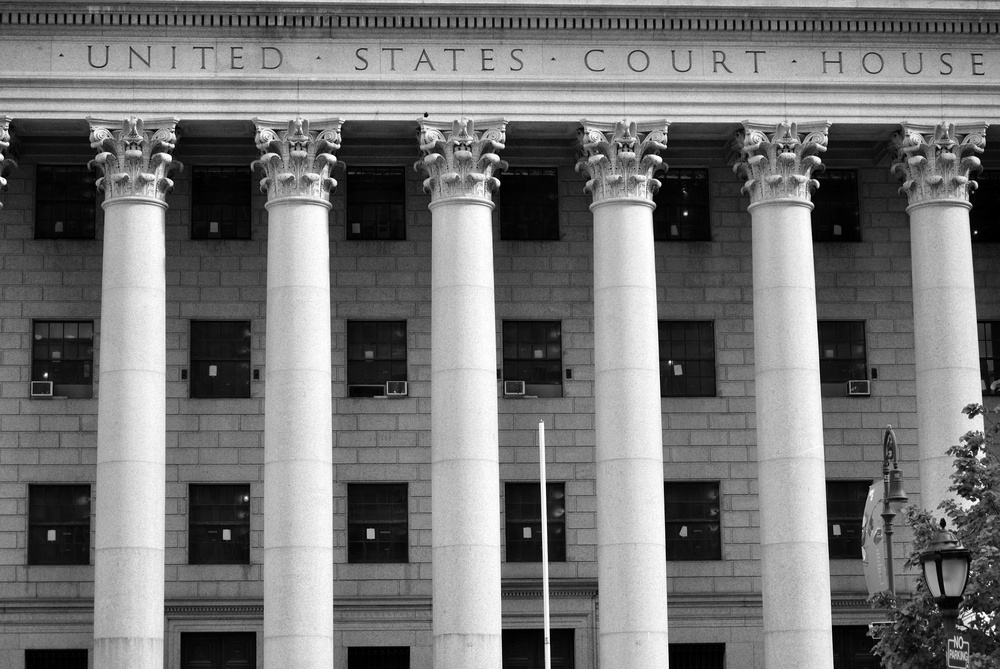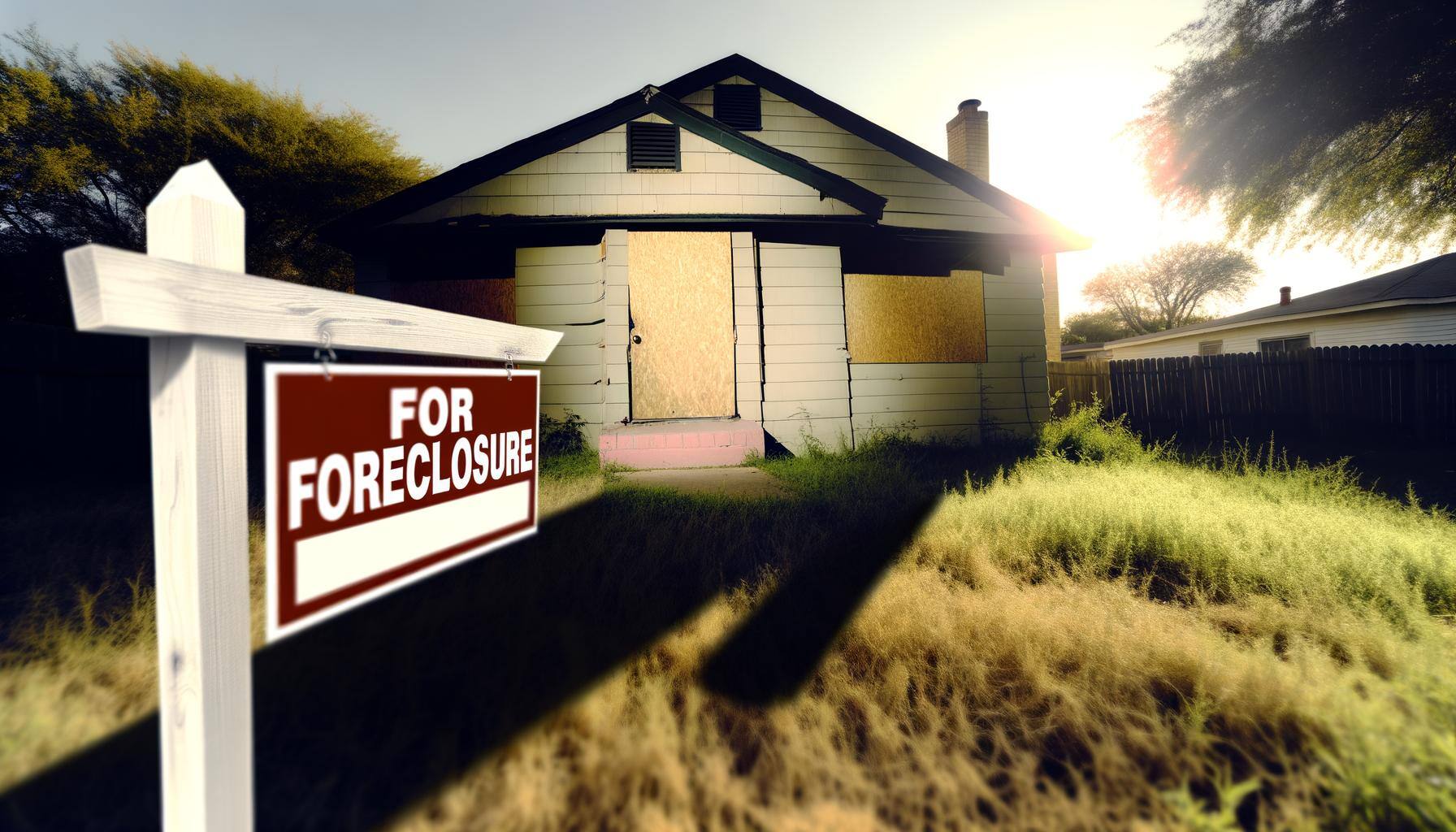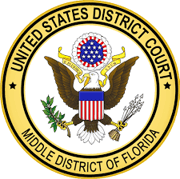Protecting Your Home: Foreclosure Defense Strategies in Florida

Discover effective foreclosure defense strategies to protect your home in Florida.
Understanding Foreclosure Laws in Florida
Foreclosure laws in Florida are governed by both state and federal regulations. It is important to have a clear understanding of these laws in order to effectively protect your home. In Florida, foreclosure is a judicial process, which means it must go through the court system. This gives homeowners certain rights and opportunities to defend against foreclosure.
One important aspect of foreclosure laws in Florida is the requirement for the lender to provide notice of default and intent to foreclose. This notice must be sent to the homeowner at least 30 days before filing a foreclosure lawsuit. This gives homeowners an opportunity to address the default and potentially avoid foreclosure.
Additionally, Florida has a right of redemption period, which allows homeowners to reclaim their property after a foreclosure sale by paying off the remaining balance of the mortgage. Understanding these laws can help homeowners navigate the foreclosure process and explore possible defense strategies.
Seeking Legal Assistance for Foreclosure Defense
When facing foreclosure, it is strongly recommended to seek legal assistance from a qualified foreclosure defense attorney. An attorney experienced in foreclosure defense can provide valuable guidance and representation throughout the process.
A foreclosure defense attorney can review your case, assess the validity of the foreclosure proceedings, and identify any potential defenses. They can also help you understand your rights as a homeowner and explore alternative options to foreclosure.
Legal assistance is particularly important if you believe there are errors or violations in the foreclosure process, such as improper notice or documentation. An attorney can help you gather evidence, prepare your defense, and advocate on your behalf in court.
Remember, foreclosure defense is a complex legal area, and having a knowledgeable attorney by your side can greatly increase your chances of successfully protecting your home.
Exploring Alternative Repayment Options
If you are struggling to make your mortgage payments, exploring alternative repayment options may help you avoid foreclosure.
- Loan modification: One option is a loan modification, which involves negotiating with your lender to change the terms of your mortgage. This could include reducing the interest rate, extending the repayment period, or even forgiving a portion of the principal balance. A loan modification can make your monthly payments more affordable and help you avoid foreclosure.
- Repayment plan: Another option is a repayment plan, where you and your lender agree to a schedule for catching up on missed payments. This can be a short-term solution to address temporary financial hardships.
- Refinancing your mortgage: You may also consider refinancing your mortgage, which involves replacing your current loan with a new one that has more favorable terms. This can help you secure a lower interest rate or reduce your monthly payments.
Exploring these alternative repayment options can give you a chance to regain control of your finances and protect your home from foreclosure.
3 Steps for Negotiating with Your Lender for Loan Modifications
When facing foreclosure, it is important to proactively negotiate with your lender for loan modifications.
- Contact your lender: Start by contacting your lender as soon as you realize you may have difficulty making your mortgage payments. Explain your situation and express your willingness to work out a solution. It is important to provide all the necessary documentation and financial information requested by your lender.
- Present viable plan: During the negotiation process, be prepared to explain your financial hardship and present a viable plan for repayment. This may involve providing proof of income, creating a budget, and demonstrating your ability to make modified mortgage payments.
- Follow up regularly: Remember to stay persistent and follow up regularly with your lender. It may take time and multiple attempts to reach an agreement. Be open to compromise and consider seeking assistance from a housing counselor or foreclosure defense attorney to help you navigate the negotiation process.
Negotiating with your lender for loan modifications can be a crucial step in protecting your home from foreclosure.
Preparing for Foreclosure Defense Litigation
If foreclosure defense negotiations are unsuccessful, it may be necessary to prepare for litigation.
- Gather relevant information: Start by gathering all relevant documents related to your mortgage, including the loan agreement, payment history, and any correspondence with your lender. It is important to have a clear understanding of the terms of your mortgage and any potential violations by the lender.
- Get a foreclosure defense attorney: Consult with a foreclosure defense attorney to assess the strength of your case and develop a defense strategy. Your attorney can help you identify any legal defenses, such as improper notice, lack of standing, or violations of the Truth in Lending Act.
- Present case in court: Prepare to present your case in court by organizing your evidence, including any documentation that supports your defense. Your attorney will guide you through the legal process and advocate on your behalf during foreclosure defense litigation.
Remember, foreclosure defense litigation can be complex and time-consuming. It is essential to have experienced legal representation to protect your rights and effectively defend against foreclosure. Highly awarded foreclosure lawyer Rick at Peck Law Firm can help. Contact us today to protect your home.






